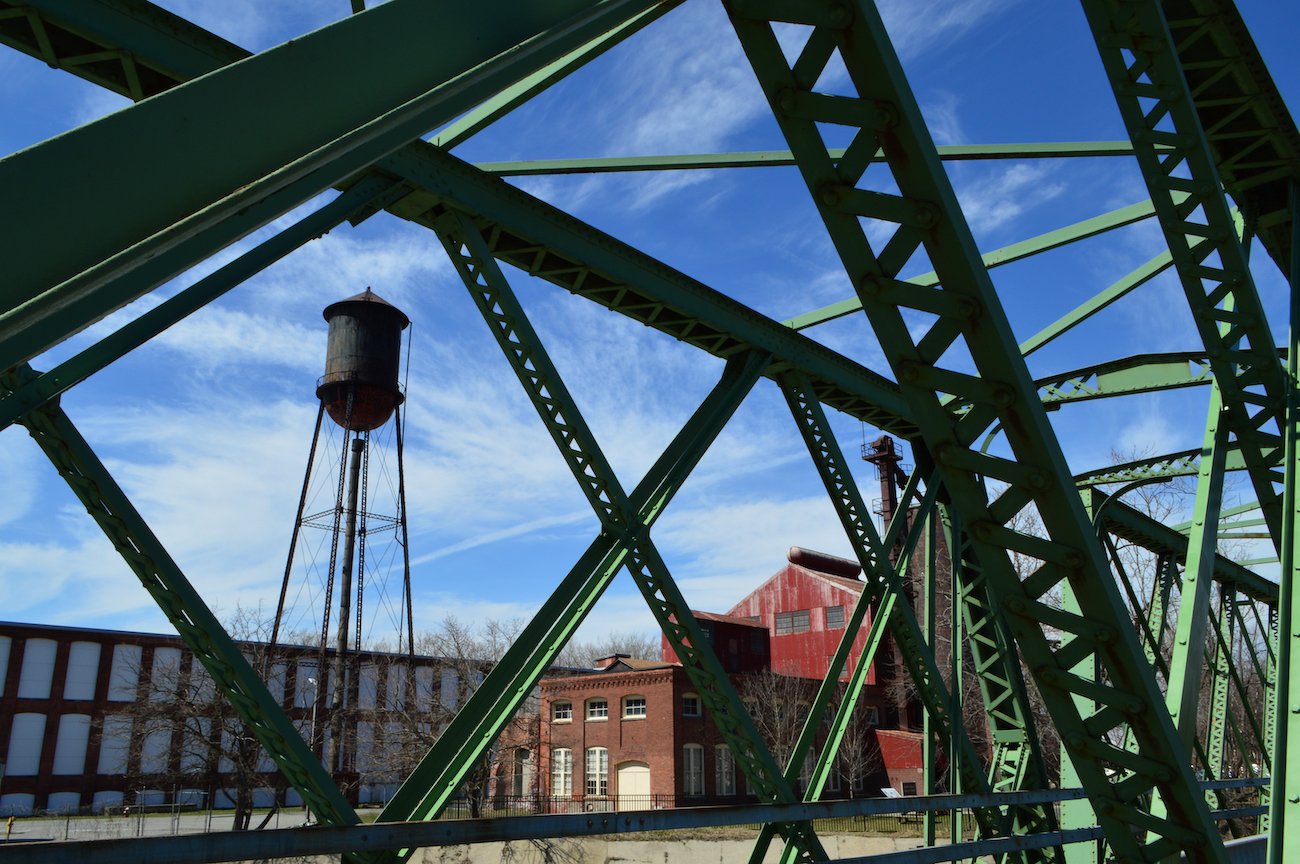David A. Banks is the Director of Globalization Studies at the University at Albany, SUNY and the author of the forthcoming book The City Authentic: How the Attention Economy Builds Urban America published by University of California Press. He is also a delegate to the Troy Area Labor Council and the co-host of the podcast Ironweeds.
DAVID A. BANKS
I think that is often what tourism is starting to move towards. Is this existential authentic? And what that means is that you're not even really looking to meet expectations or validate that the thing in front of you is what it says it is. You are trying to recreate who you think you should be in a time that is disconnected from your usual life. Because we're a pretty jaded and suspicious society now. “Is it a deep fake?” We live in this world of make-believe and fakeness, and you want to get to something that's real. And what's more real than yourself and the story that you tell to yourself about yourself. And if you can really connect to that, you'll feel really good.
*
All of the technologies necessary to solve a great deal of problems have already been done. The issue is having the political will to make them actually happen. Capital won't do that because it's more advantageous financially to have the problem continually move and then just kind of fix it here and then move it over there and then fix it over there and then move it back over here,
*
We have to change how we connect to land. Who gets to control it? Who owns it? Who gets to build on it? There are tons of government subsidies that make it possible for anyone to possibly own a piece of land in the way that most people inhabit the land and own it. We need to change that because there are some things called flood zones. And what we called hundred-year floods are now like 10-year floods. You need to be able to make concrete, specific mitigation, or some sort of change to that land. Right now we're pretty stuck in many places where no authority can say, “We need to change the city in XYZ ways in order to avoid future catastrophe and flood zones.”
*
Changing cities is going to mean changing how we do politics in them. What kind of decisions do cities get to make? This changes pretty widely across countries and even states within the United States where cities can either get the benefit of the doubt that they get to decide what happens within their jurisdiction, unless explicitly stated otherwise in the United States, that's called Home Rule, which can be really useful, but it also sets up a race to the bottom in a lot of cases where they do they do not have the resources to say, have a legal team put together to go toe to toe with Amazon or Alibaba or Tesla.
Photo credit: David A. Banks
This interview was conducted by Mia Funk & Lauren Chineme with the participation of collaborating universities and students. Associate Interviews Producer on this podcast was Lauren Chineme. Digital Media Coordinators are Jacob A. Preisler and Megan Hegenbarth.
Mia Funk is an artist, interviewer and founder of The Creative Process & One Planet Podcast (Conversations about Climate Change & Environmental Solutions).
















































































